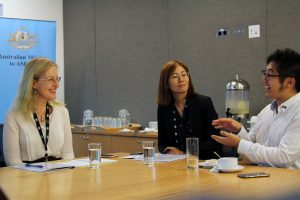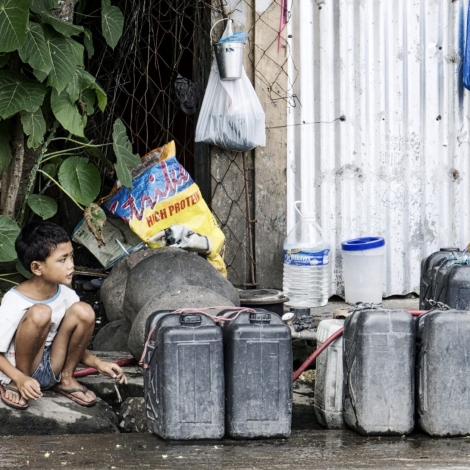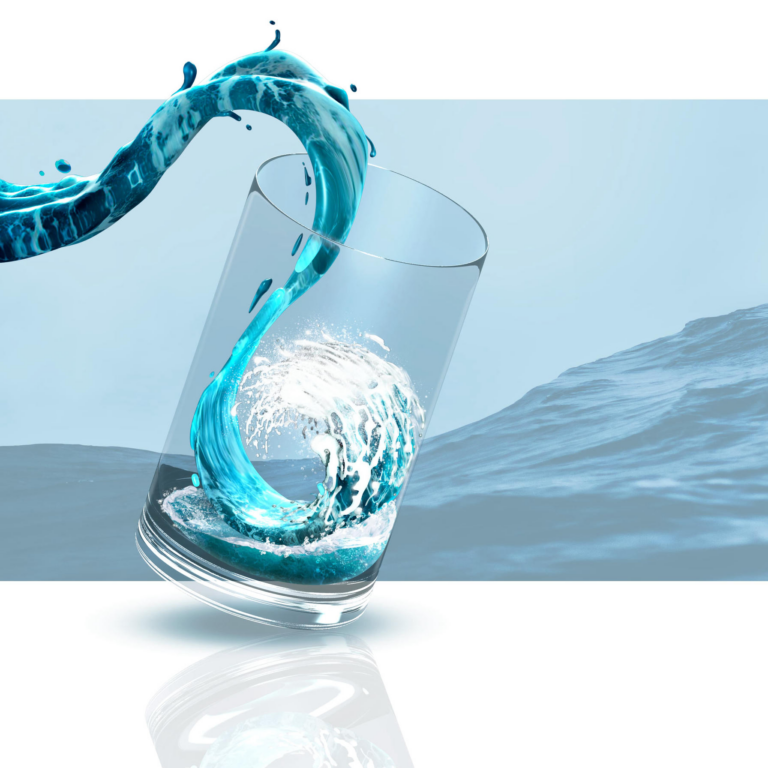Masy Consultants shifted our focus from educating customers to educating water districts and that has made the difference in improving water supplies in the Philippines. This is how a step back took us forward.
In the Philippines, nearly 30 percent of district water services are non-operational, substantially limiting the number of people with access to safe water and sanitation services. These populations, which include many low-income households, rely on utility providers for access to reliable water and wastewater services. Technical and financial capacity at the district level is lacking, however. The problem requires innovative approaches to utility management.
To address the needs, my team and I at Masy Consultants are working to improve Water District capabilities and creditworthiness. The goal is that they themselves can improve their delivery of a reliable water supply, water distribution, and wastewater treatment services with access to financing. We believe this will catalyze economic and social change in the water sector across the Philippines.
Education at the water utility level is fundamental to bringing about sustainable water and sanitation infrastructure. We’ve learned a lot over the past few years on our journey working toward the day when everyone in the Philippines has access to clean water and sanitation, and can live in health, dignity, and prosperity.
Our focus in the beginning
In 2017, our team’s original focus was on delivering capacity-building workshops to households in rural communities. While this yielded increased awareness and understanding among participants in how they can improve the livelihoods of their families, it did not necessarily translate to tangible outputs (e.g. increased water and wastewater connections). Additionally, we found ourselves in a market saturated with other civil society and grassroots organizations competing for limited funding, duplicating efforts, and functioning in an ecosystem that often lacked coordinated responses between various stakeholders. This is reflected by the alarming percentage of the population that still lacks access to safe water and sanitation services. Onein eight people lack access to a safe water supply and seven in 10 people lack access to sewerage collection and system services, according to the National Economic Development Authority, 2019.
This prompted us to take a step back and ask ourselves if we were tackling the problem in the ‘right’ way.

The Masy Consultants team carries out capacity-building workshops and field investigations in Palawan province, Philippines. Photo courtesy of the author, Thomas Da Jose
Self-reflection: The most important step
We critically reviewed our work in raising awareness of water, sanitation and hygiene in households and found it less effective than we would have liked. Our decision to shift away from the strategy is by no means a dismissal of the importance of community engagement. After all, a needs analysis for households to build local buy-in is fundamental for the successful implementation of any public service. However, our team needed to reevaluate the role we wanted Masy Consultants to play. We asked ourselves some questions.
Global Development Engineering practitioners need to continually ask themselves these types of questions for the benefit of their projects and the communities they serve.
- How do we want to deliver economic and social change in the water sector across the Philippines?
- How can we create a sustainable and scalable difference to reach hundreds and thousands of households in an accelerated amount of time?
- Are there other organizations undertaking similar work?
- What are the barriers limiting social impact investments to water infrastructure?
- What are the short-term and long-term benefits we want to achieve, and how will we measure success?
Global Development Engineering practitioners need to continually ask themselves these types of questions for the benefit of their projects and the communities they serve. Taking a step back to periodically reflect on one’s performance and how it measures up to one’s vision and goals is arguably the most important step for any team.
Redefining our purpose
This critical self-reflection helped us realize that Masy Consultants was not directing its time and energy in the right areas. Many households are exposed to a number of sanitation marketing initiatives. Yet for many, the underlying challenge did not primarily rest with the households not wanting to improve their conditions, but the lack of services available. That issue is prevalent in low-income communities within already lower-class municipalities based on average annual income.
In redefining our purpose, we had greater clarity in the social impact we will bring

Thomas Da Jose (right) shares the vision of Masy Consultants with H.E. Ms. Jane Duke, Australia’s Ambassador to ASEAN (left). Photo courtesy of Thomas Da Jose
In 2020, Masy Consultants shifted its resources from educating households to designing projects aimed at educating Water Districts. Water Districts are local entities that operate and maintain water supply systems in cities or municipalities and have the agency to scale solutions. They just need guidance to improve their capabilities and creditworthiness.
In redefining our purpose, we had greater clarity in the social impact we will bring, and how we will do so, in the months and years ahead.
A consortium for better water service
Masy Consultants established and leads a consortium with Water.org, a global not-for-profit organization, and the Australian Water Association (AWA), Australia’s leading membership association for water professionals and organizations. The consortium will act as a Portfolio Delivery Services Partner (PDSP) to the Philippines Association of Water Districts (PAWD) and Water Districts to achieve the United Nations’ Sustainable Development Goal 6: Clean water and sanitation.
The consortium’s objective is to build the capabilities and creditworthiness of Water Districts, so that they provide sustainable and reliable water and wastewater services to all served communities, including low-income communities. This will also build the general public understanding about proper water, sanitation, and hygiene.
For information, please see Portfolio Delivery Services Partner at masyconsultants.com.
About the Author
Thomas Da Jose is a Research Fellow at Engineering for Change, Co-Founder of Masy Consultants and a project manager at AECOM in Sydney, Australia.

